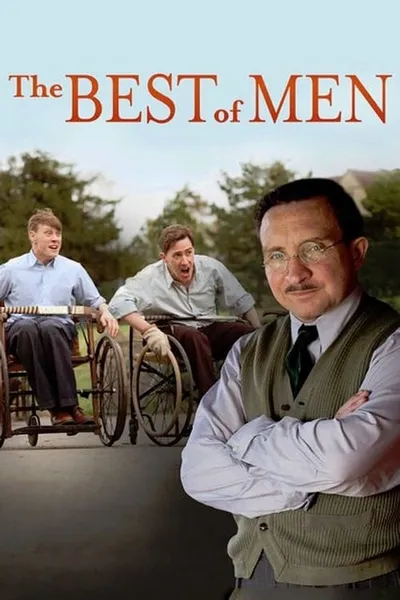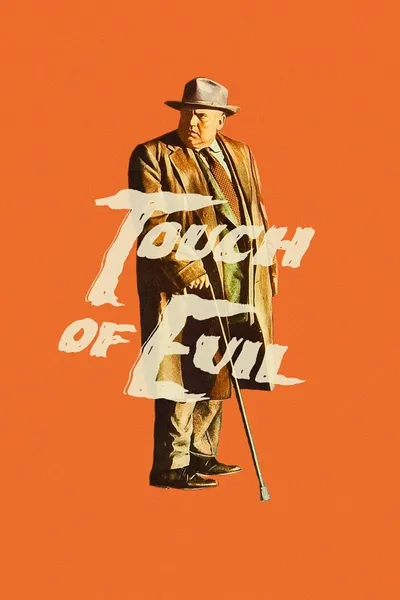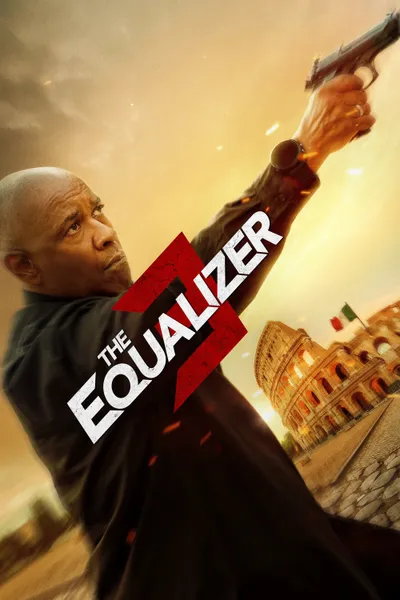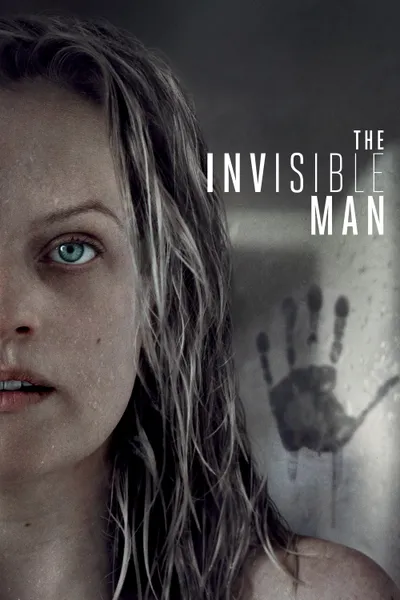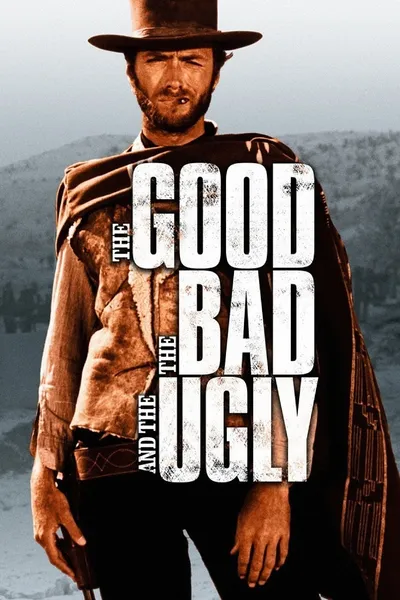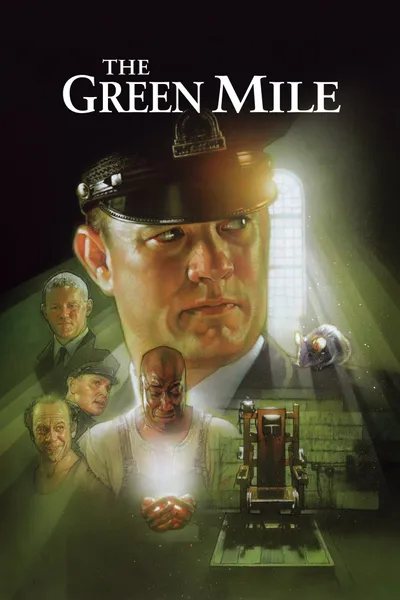Reviews

CinemaSerf
July 12, 20247.0
Eddie Marsan is really very good here as the pioneering spinal surgeon Dr. Ludwig Guttmann who fled the Nazis and helped established the world renowned hospital at Stoke Mandeville. At the time, that was a converted stately home used for recuperating soldiers injured during the Second World War. The treatment consisted largely of leaving these young men in bed, sedated, with little hope and even less opportunity to improve. His approach was very much more proactive. No more doping, moping or lying about in bed all day. Physical activity was positively encouraged and over a period of time these men started to realise that though completely different in nature, their lives could still have meaning if they believed and applied themselves. The two principal patients in this story are "Heath" (George MacKay) and "Bowen" (Rob Brydon). It's the latter man who brings a lively honesty to the narrative with his typically black Welsh humour that encourages the others at times, but also provides himself with quite a formidable shield when attentions focus on his own "release" and return to his loving wife to whom he fears he will be a useless burden. In the face of obvious reality, "Heath" is determined that he will walk again - and his frustrations are well delivered here by a MacKay who seemed perfectly cast for the part of a young man (there's even some acne here) whose life choices were complicated by his own lack of experiences - across the board. It's Marsan who steals the show, though, with a strong performance as both physician and inspirer of these men whilst fighting a series of rearguard actions against some of his less discerning colleagues who have essentially written off his charges as lost causes. The value of sport and teamwork, activity and engagement are all well extolled here in a sympathetically directed film from Tim Whitby that brings home the horrors of war and the vision of a man who wasn't inclined to take no for an answer.
Recommendation Movies
Cléo from 5 to 71962
Touch of Evil1958
Hallow Road2025
A Bad Son1980
Spider-Man: No Way Home2021
Joker2019
Barbie2023
Parasite2019
Your Name.2016
Godzilla x Kong: The New Empire2024
Grave of the Fireflies1988
The Accountant²2025
A Man Called Otto2022
The Equalizer 32023
19172019
The Invisible Man2020
Conclave2024
The Good, the Bad and the Ugly1966
The Green Mile1999
Dune2021
© 2025 MoovieTime. All rights reserved.Made with Nuxt
